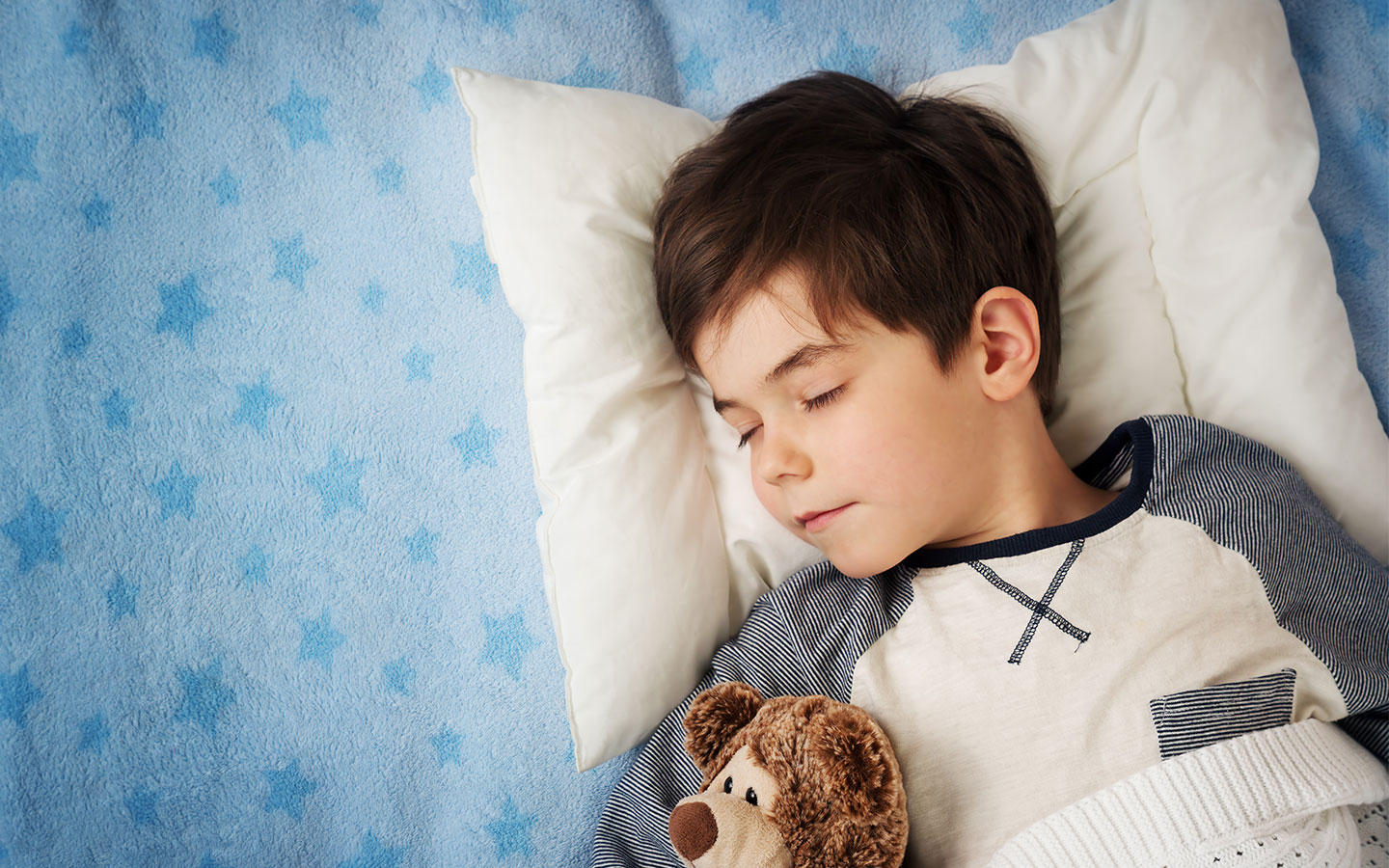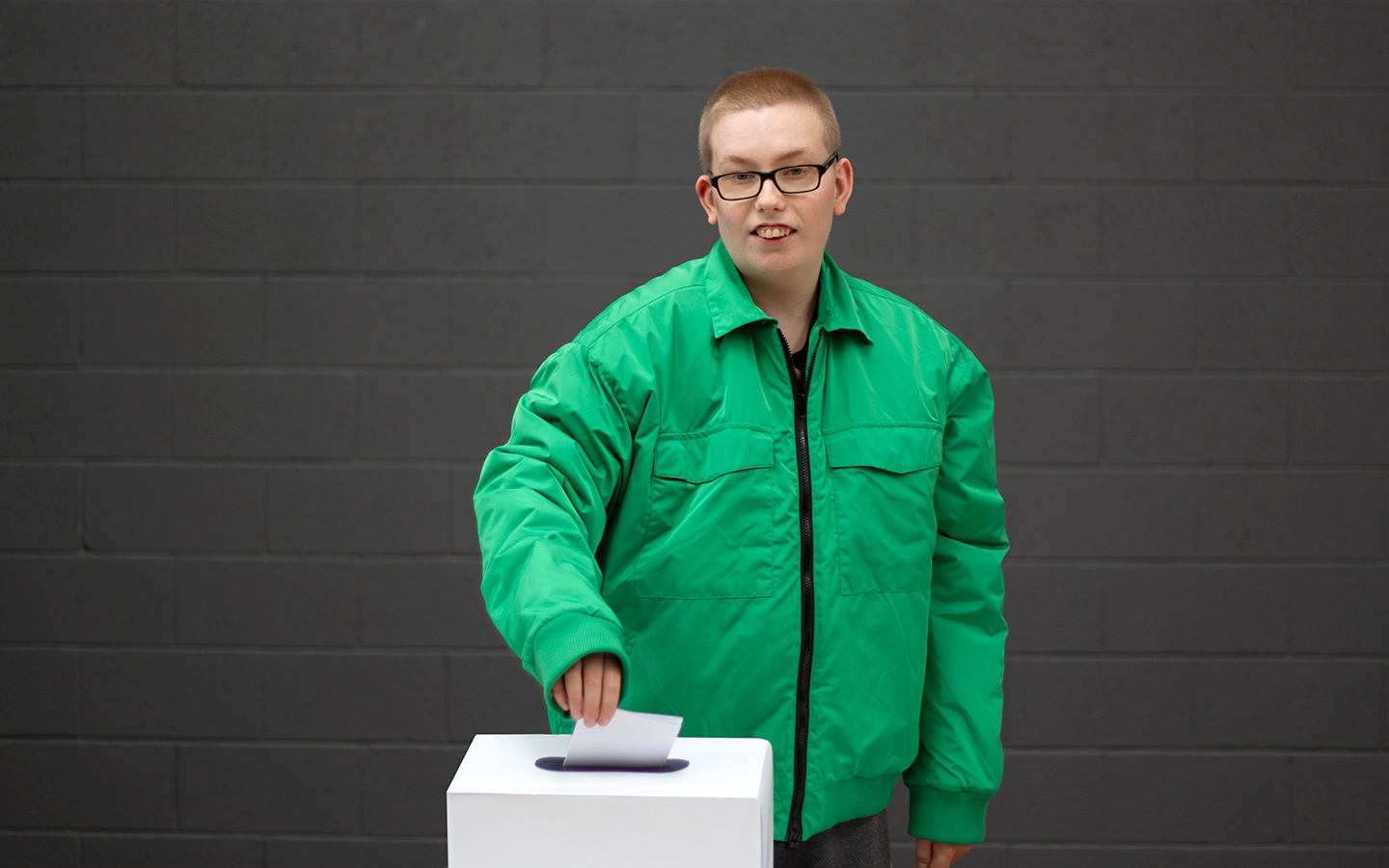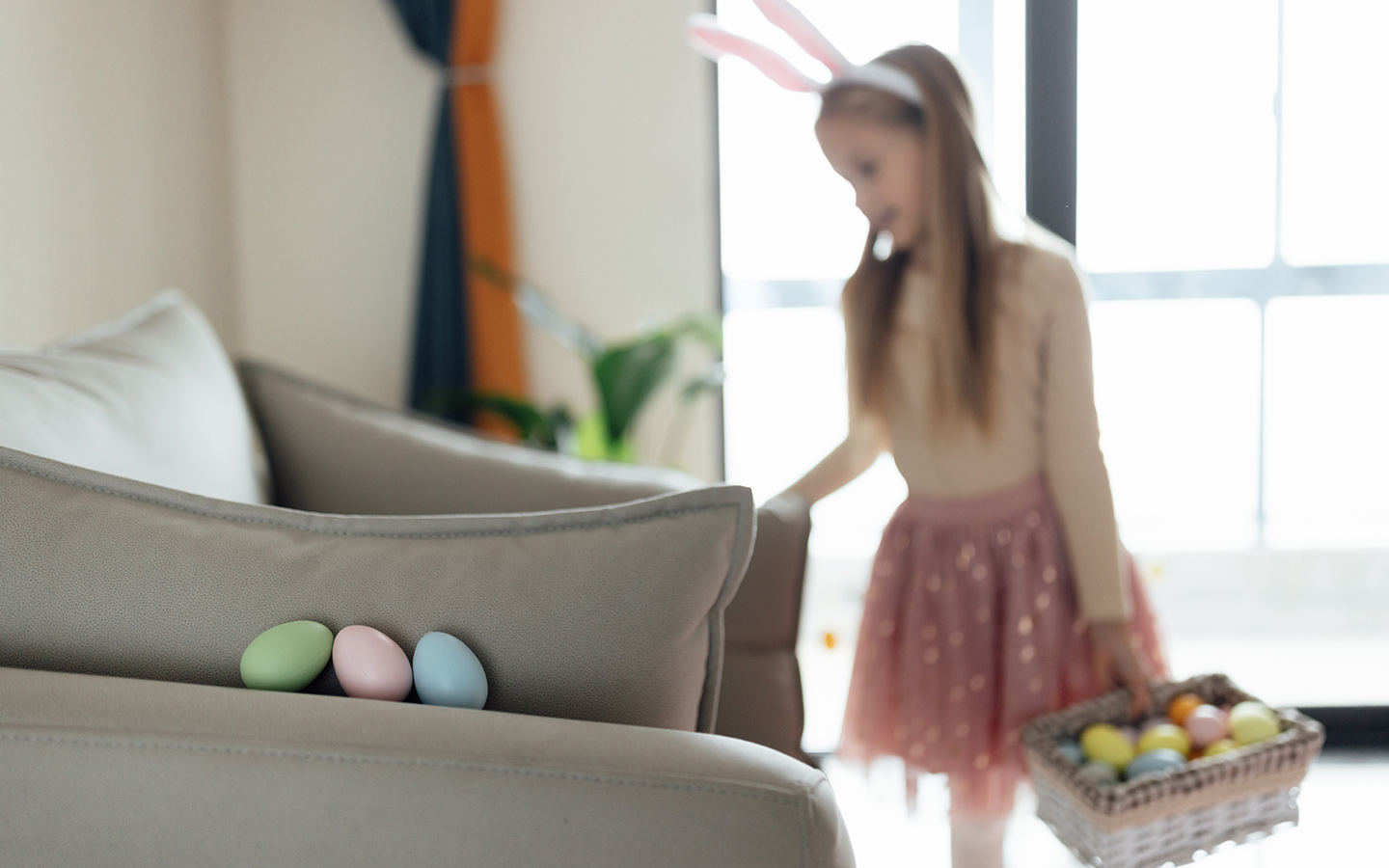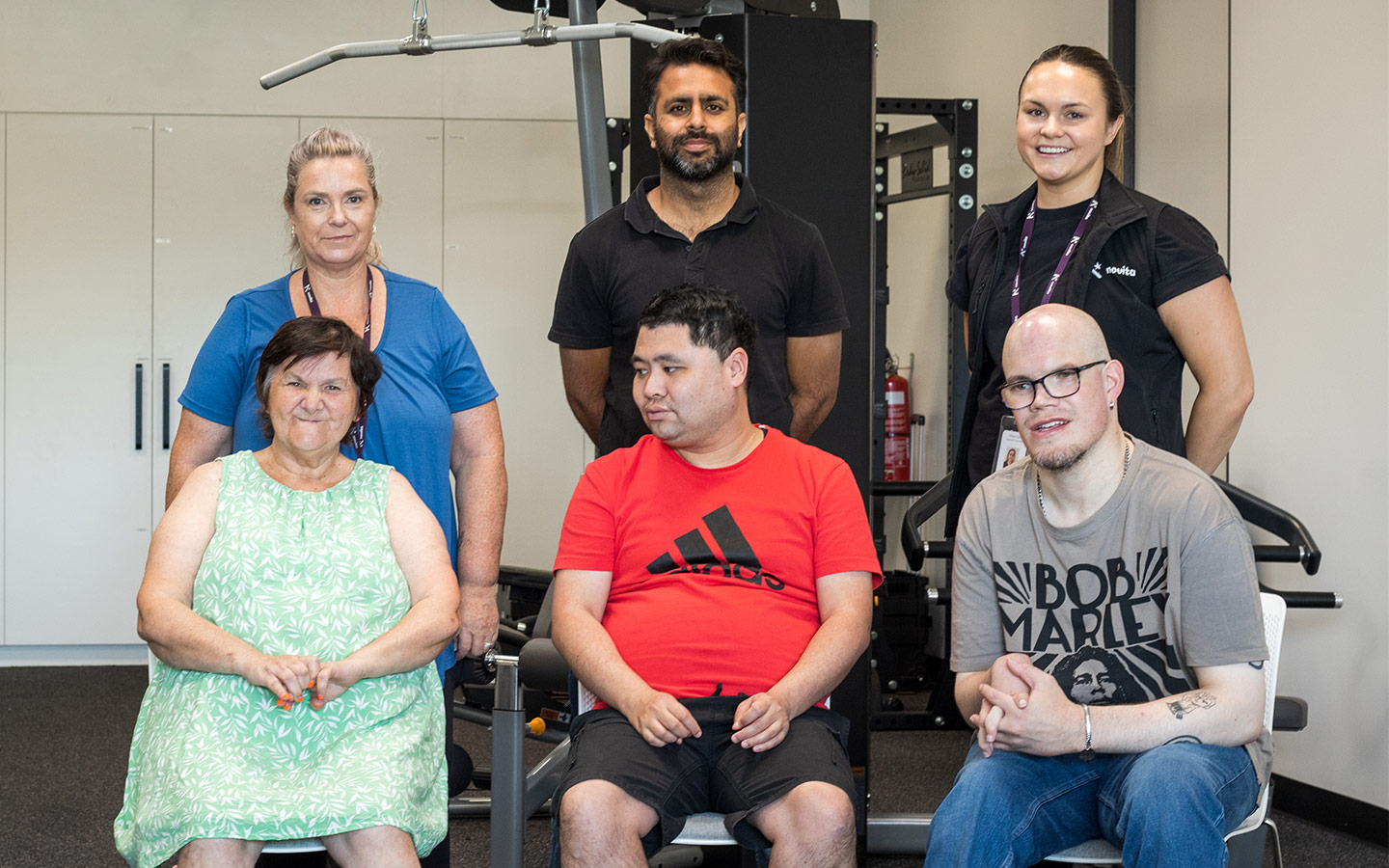Helpful Information
Supporting your kids to have a good night’s sleep
access_time15min read

We all need a good night’s sleep. It is an essential part of our daily routine and helps us to maintain our physical and mental health. For kids and young people, sleep helps growth and development, as well as boosting their immune system.
Not getting a good night’s sleep can have serious implications for our physical and mental health, our behaviour and emotions, our ability to learn, our ability to cope, our motor skills, and even our relationships with family and friends.
There are some tell-tale signs: your kids might take a long time to settle down and fall asleep; they wake up during the night; they wake up early in the morning; their behaviour indicates they are not getting enough sleep.
For adults, kids and young people living with disability, getting decent quality sleep can be challenging. There are many factors and reasons why sleep can be impacted, and some of the factors can be unique to the individual.
There might be difficulties with a diagnosis – for example, physiological factors that could impact on breathing at night, which can then cause disrupted sleep. Environmental and sensory factors can also come into play – issues such as noise, lighting, temperature, and ventilation.
Novita occupational therapist (OT) Amelia Davison says Novita’s OT’s, psychologists, and developmental educators can work with families to help identify potential sleep disturbances through a comprehensive assessment of an individual’s sleep patterns and environment.
“We look carefully at what might be causing sleep disturbance for an individual, and once we know what that difficulty is, we consider strategies and an individualised approach to support getting a good night’s sleep,” says Amelia.
The sleeping environment
Amelia says all the environmental and sensory factors need to be considered when you are trying to create a ‘bed nest’.
“Temperature, noise, and lighting may be key factors,” she says.
“It is often worth considering the tones of the lighting in the room to ensure they promote sleep. Perhaps there needs to be curtains that block out exterior light because the individual may benefit from a very dark room. If noise is a factor, there might need to be some ‘white noise’ in the room to neutralise some of the environmental noise.
“For those kids that seek extra comfort and supports from their parents, we may need to put some self-soothing strategies in place to create a sense of safety. For example, this might include a familiar pillowcase that parents or guardians have used to increase the comfort provided from familiar smells, especially if the child is old enough to sleep using pillows, and it is clinically recommended.
“The Novita team will always look at individual factors, liaise with medical professionals, and consider the sleeping environment to see what benefits an individual at bedtime.”
Safe sleeping
“Some of our clients require specialised equipment to help with their sleep safety, so that is something Novita’s OTs – particularly the Assistive Technology OTs at NovitaTech – will look at to help ensure the sleep environment is as safe as possible for our clients,” says Amelia.
Tips for families to help their kids get a good night’s sleep
Novita therapists, based on their training and available resources such as the Sleepwise Manual, have some tips that could help you to support your kids and young people to have quality, disturbance-free sleep:
- Have a consistent bedtime routine and wake-up time – this can help to develop consistent sleep and wake cycles.
- Quiet activities before bedtime – many kids need around 30-minutes of calming activities such as having a bath or a massage or reading a book to promote calm before bedtime. However, Novita therapists consider the individual needs of the person and at times this could also mean exploring more active forms of regulation.
- Consider their exposure to sunlight and physical activities during the day. Safe sunlight exposure earlier in the day can be beneficial in addition to avoiding boisterous alerting activities just before bedtime.
- Consider at mealtimes reducing the intake of caffeine in food and drinks – ideally at least six hours before bedtime – however ‘sleepy snacks’ can be beneficial. Foods that contain certain amino acids can be good about 20 minutes before bedtime – dairy products such as cow’s milk is an example of this.
- Monitor screen time – for many families and individuals, screen time is part of the evening routine. Blue light from screens and devices can supress melatonin, which can delay sleepiness.
- The development age of the child is also a factor – consider what is appropriate for them, including night feeding and naps.
Novita’s support
There are often more specific approaches to sleep – such as behavioural strategies. Novita’s therapists can be involved in developing a more tailored sleep plan which looks at things like night waking and considering the strategies that might help with that sort of sleep disturbance.
Novita’s OTs, psychologists, and developmental educators can work closely with clients, families, and carers to identify an individual’s therapy and support needs, and the best ways to achieve therapy and life goals. Our therapists have expertise in a wide range of areas.
Novita’s Assistive Technology and equipment unit NovitaTech can also recommend and supply specialised sleeping equipment.
If you would like to learn more about supporting your kids with positive sleep practices, or would like to speak to a member of the Novita team, please contact our Customer Experience Team on 1300 668 482 or email [email protected]


